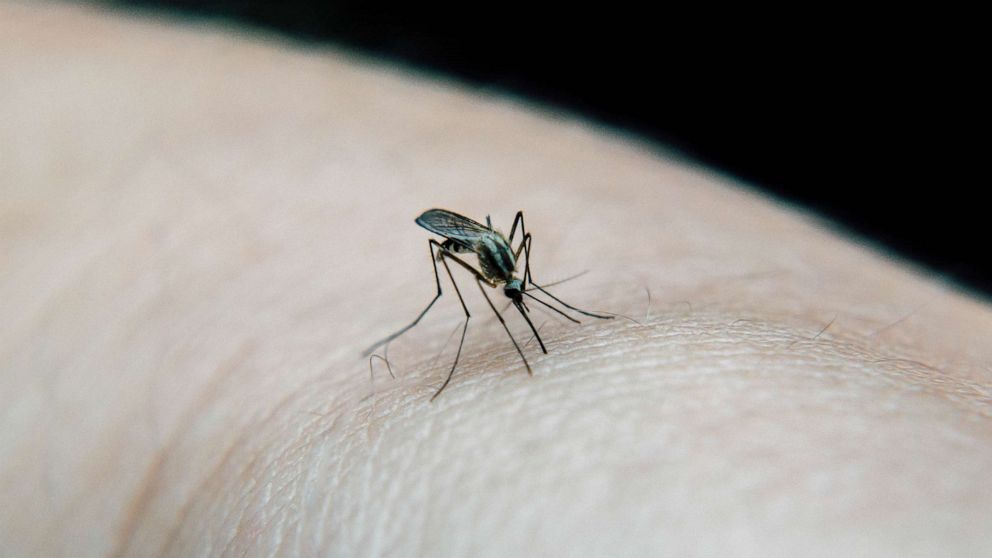Five people caught malaria locally in the U.S. for the first time since 2003, according to health officials.
Four people in Sarasota County, Florida, and one person in Cameron County, Texas, reported cases of the mosquito-borne illness, state officials said. Cameron County is the southernmost county in Texas, about 1,300 miles away from Sarasota, Florida.
All four Florida patients “have been treated and have recovered,” according to a statewide mosquito-borne illness advisory from the Florida Department of Health released Monday. Residents have been advised to “take precautions by applying bug spray, avoiding areas with high mosquito populations, and wearing long pants and shirts when possible — especially during sunrise and sunset when mosquitos are most active,” the health department said.
The last locally acquired Texas cases occurred in 1994 and 2003 in Palm Beach, Florida, according to the Centers for Disease Control and Prevention.
The illness is caused when a person is bitten by a mosquito carrying malaria parasites, the CDC said. Malaria isn’t contagious and can’t be spread person-to-person.
Symptoms include fever, nausea, headache and anemia, and can sometimes be fatal if not treated, according to the CDC.
Malaria used to be common in the U.S., but a 1947 campaign by southeastern states to spray insecticides and drain breeding grounds eliminated transmission, according to the CDC.
There are around 2,000 malaria cases a year, the CDC said, but they’re most often diagnosed in people who caught the disease while abroad.
The risk to most people of locally acquired malaria is currently extremely low, the CDC said in a statement regarding one of the Florida cases.
Climate change could make reverse progress made in fighting the illness, with warmer temperatures possibly expanding the range for mosquitoes that carry diseases like malaria, research published in the Lancet Planetary Health indicates.
“The presence of competent mosquitoes and warmer temperatures in the Southeast will likely lead to additional cases in the coming months and years,” Dr. John Brownstein, an infectious disease epidemiologist and chief innovation officer at Boston Children’s Hospital, told ABC News. “Future invasion of new mosquitoes, coupled with potential climate change effects, could significantly expand the malaria risk.”
“While the permanent return of malaria is still unlikely, these cases represent a broader warning of mosquito-borne diseases in the region,” he said.
People can protect against mosquito bites by draining standing water in gutters and flowerpots, wearing long sleeves and long pants, wearing insect repellent and using screens on windows, according to the CDC.
This is a developing story. Please check back for updates.

